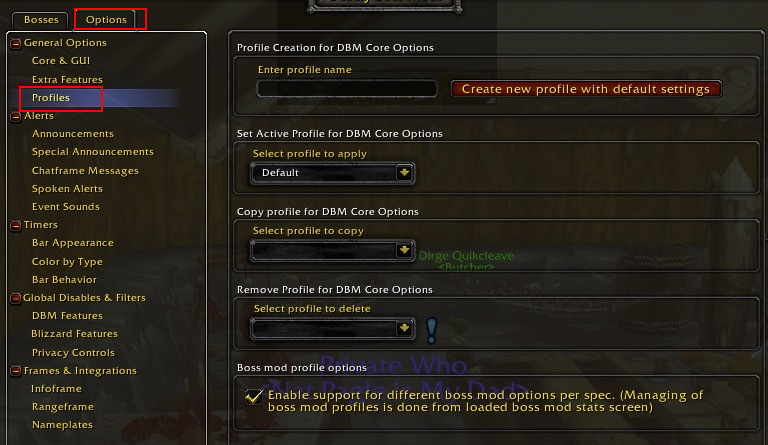
The loss of his only child, Morton Jr., who died at age 19, led Sahl further into a moribund period, though he continued working the college circuit and small clubs.

The assassination of JFK in 1963 devastated Sahl (he'd even written jokes for the president, as he would for Presidents Reagan and Bush), and his popularity declined when he began using his monologues to read from, and critique, the Warren Commission Report. He would take to the stage himself when he realized his clients were "too dumb" to get the humor. "I just sort of tell the truth, and everybody breaks up along the way."īorn in Montreal, Sahl, whose family moved to the U.S., served in the Air Force, and earned money writing jokes for comedians. But while he inspired generations of comedians with his pointed observations about the day's events, he did not consider himself a comedian. Sahl gained fame in 1953 at San Francisco's hungry i, a nexus for beatniks and college kids, and soon appeared at nightclubs across the country, and on television as the guest of Steve Allen and Jack Paar. Reading from a newspaper, Sahl would annotate news stories with cutting comments, often ending his routines by asking: "Is there any group I haven't offended yet?" They just recorded it and put it out." That brazen act mirrored the boldness that characterized the humor of satirist Mort Sahl (May 11, 1927-October 26, 2021), whose comedy provided a commentary on politicians and current events that was in sync with an anti-establishment audience during the 1950s and '60s. He was featured on what is considered the first standup comedy album, "At Sunset" (1955), and it was, he said, "illegal.

The Associated Press contributed to this gallery. Peter Breining, San Francisco Chronicle via Getty ImagesĪ look back at the esteemed personalities who left us this year, who'd touched us with their innovation, creativity and humanity.īy senior producer David Morgan.

Mort Sahl at the hungry i nightclub in San Francisco, in an undated photo.


 0 kommentar(er)
0 kommentar(er)
